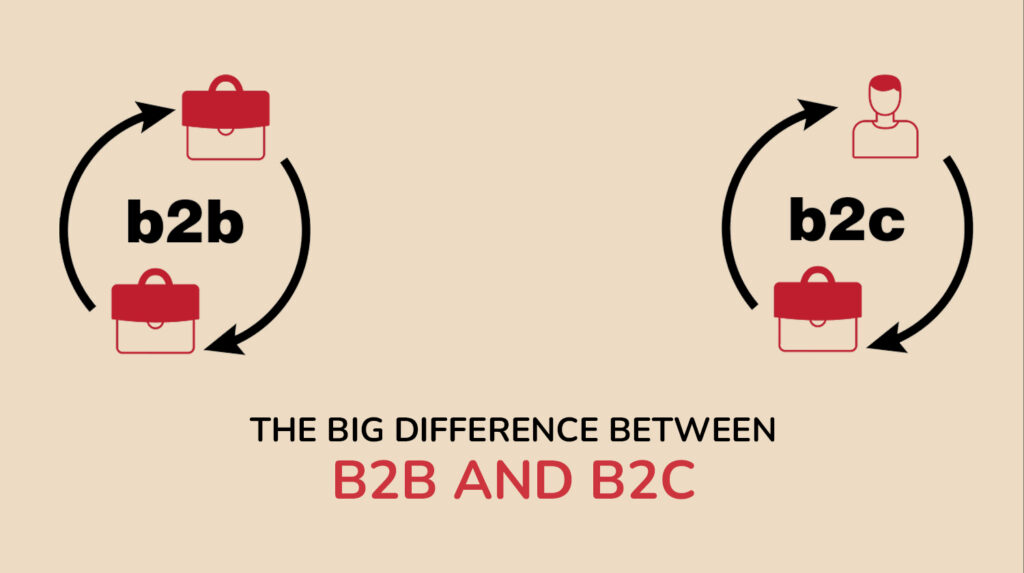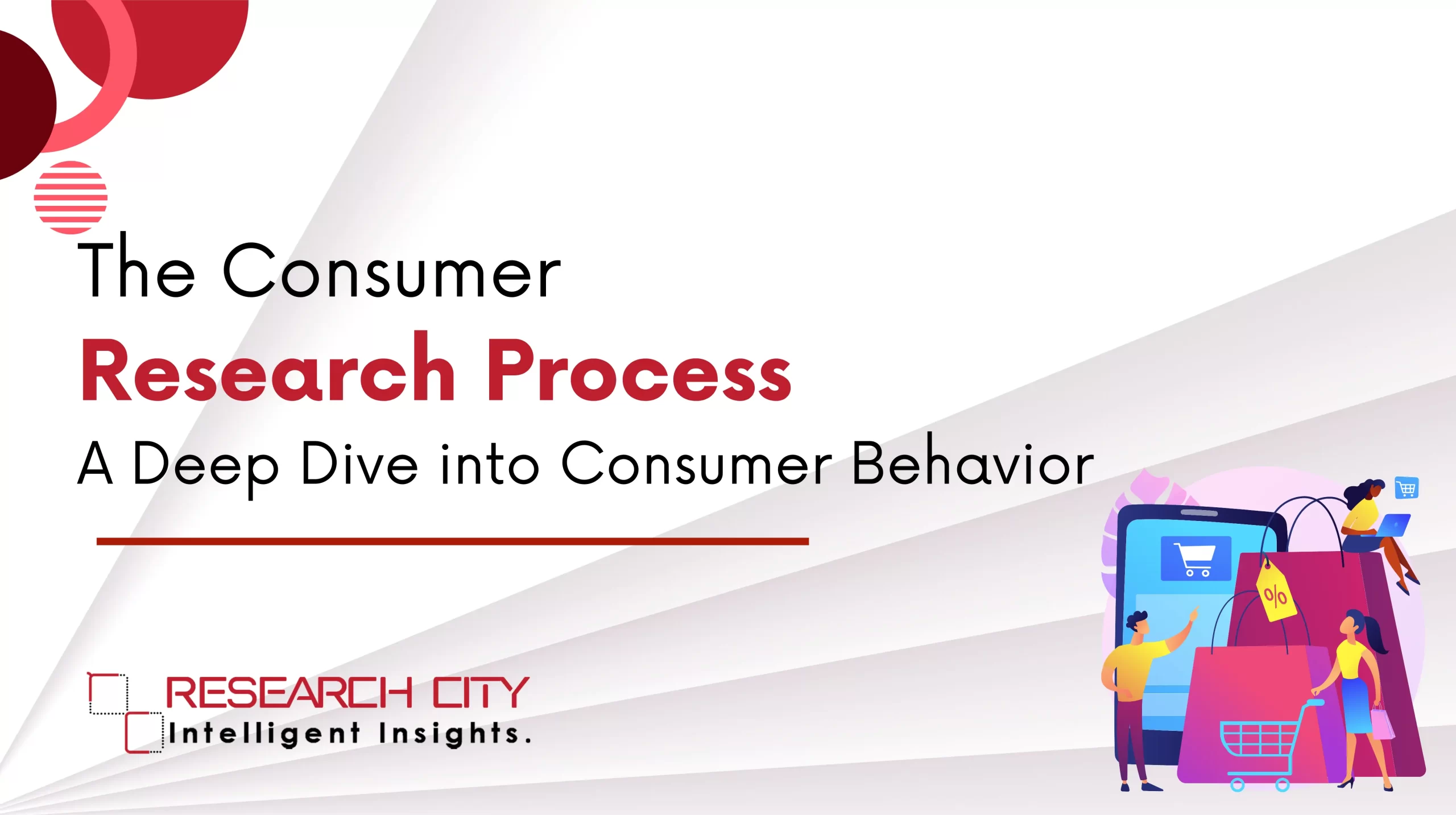If you are involved in marketing, you have probably heard about B2B and B2C marketing. Even though they have very similar goals and share some similarities, there are also important differences between the two. Understanding these differences can help you make more informed decisions when it comes to marketing your brand or product.
First of all, the basic concept behind B2B and B2C is very different. While B2C focuses on appealing to individual customers, B2B focuses on selling products and services to other businesses. This means that when it comes to marketing, the target audience is completely different.
Furthermore, the buying process for both businesses is also different. While consumers tend to buy items on impulse or based on emotion, businesses are more likely to make purchase decisions based on logic and data-driven decision-making processes.
In this article, we will take a closer look at the key differences between B2B and B2C marketing so that you can determine which approach would be best for your organization’s needs.
What is B2B and B2C?
B2B stands for business-to-business. It refers to a type of transaction where one company sells products or services to another company in order to help them make money. Examples of B2B transactions include manufacturers selling to wholesalers, as well as software companies selling their products to other businesses.
On the other hand, B2C stands for business-to-consumer. As its name implies, it’s when a business directly sells products or services to consumers rather than other businesses. Examples of B2C transactions include stores that sell clothing and online retailers that offer food delivery services.
Therefore, one way to think about the difference between B2B and B2C is that B2B involves companies selling to each other while B2C involves companies selling directly to regular consumers.
Comparing the Strategies of B2B and B2C Marketing
When you compare the strategies of B2B and B2C marketing, the differences become apparent. B2B marketing is far more complicated than B2C marketing because it involves longer buying cycles and larger purchase quantities.
In most cases, decisions to purchase products or services for a business involve multiple stakeholders, and each stakeholder has their own questions and objectives that need to be addressed in the decision-making process. Because of this, it is necessary for B2B marketers to have a deeper understanding of their target audience—their needs, pain points and goals—in order to create relevant content that will resonate with them.
Additionally, there is usually much higher value associated with a B2B sale than with a B2C sale. This can often lead to long sales cycles with multiple touchpoints throughout the process and the potential for ongoing customer relationship management over time. As such, B2B marketers must have a strong understanding of their customers’ businesses and complex decision-making processes in order to be successful.
Key Differences in Customer Profiles and Journey
When it comes to customer profiles and the journey they take to purchase, B2B and B2C marketing each has distinctly different approaches.
Customer Profiles:
Business-to-business (B2B) marketing requires understanding a complex network of decision-makers – from the CEO or board down to the person inspired to make a purchase. On the other hand, B2C focuses on individual customers, targeting their interests and preferences in order to draw them in.
Customer Journey:
The customer journey for B2B is often much longer than for B2C. Since businesses will be investing larger sums of money into a product or service, they’ll need more information to make an informed decision. This means business purchasers take time looking through various details such as pricing, specifications, and quality assurance before making their choice – often months after first being exposed to the product. B2C customers are typically driven by emotion, desire and impulse rather than rational thought processes, meaning their buying decisions can occur more quickly after first exposure.
Targeting Techniques for Each Type of Marketing
Understanding the differences between B2B and B2C marketing will help you to target each type effectively. The way you target your customers will depend on who you are marketing to.
When it comes to B2B marketing, there are several different targeting techniques that businesses can use to reach their audience. Some of these techniques include:
- Using industry publications or trade shows to reach potential customers
- Networking with other industry professionals and connecting with them on social media
- Crafting targeted digital campaigns using keywords related to your industry
On the other hand, when it comes to B2C marketing, businesses typically employ strategies like:
- Creating targeted ads based on consumer demographic information such as age, gender, or location
- Using influencers or celebrities to create an emotional connection with potential customers
- Leveraging social media platforms such as Instagram and YouTube for their marketing efforts
By understanding the differences between B2B and B2C targeting techniques, you can tailor your campaigns for each audience and ensure maximum success.
Benefits of a Combined Approach to Marketing
When it comes to marketing, there are many advantages to using both B2B and B2C approaches. Such a combined approach offers businesses the opportunity to reach potential customers from two different perspectives, resulting in increased brand visibility and recognition.
Reach more customers
By utilizing a combination of both B2B and B2C marketing, businesses are able to reach more potential customers than either would on its own. By targeting specific audiences with tailored messaging, companies can create a larger customer base.
Increased awareness
A combined approach also helps to raise the profile of a brand by creating greater brand recognition with consumers. By creating targeted campaigns that speak directly to the interests of both consumers and business buyers, companies can build trust among their target audience while simultaneously creating new contacts.
Unique insights
Moreover, a combined approach gives businesses access to unique insights from both customer segments, which can help inform future marketing efforts. By gathering data from both consumer and business buyers, businesses can better understand their target market, enabling them to create more effective campaigns in the future.
Adapting to the Times: The Importance of Market Research
The success of your B2B or B2C marketing strategy largely depends on how well you have studied the market. With the ever-changing trends of consumer behaviour, adapting and evolving is essential for staying ahead of the competition.
Market research helps to identify potential opportunities and threats, as well as new markets you plan to enter. Through this process, you can determine who the target customers are and what their needs are. By knowing these key information points, you can significantly increase your chances of success.
It is also important to stay up-to-date with industry news, trends and technologies so that you can make informed decisions on how best to promote your products or services. Keeping track of competitors in your space will also help you create a better marketing strategy for your business.
Finally, test out different strategies before investing in them – this will give you a better insight into how effective they are. Be sure to continuously review and refine each strategy based on data collected from market research, competitor analysis and performance metrics such as reach, engagement and conversion rates.
Conclusion
In conclusion, B2B and B2C have distinct differences that should be taken into consideration when marketing products or services. If your business strategy requires the pursuit of either B2B or B2C, understanding the different marketing activities, sales cycles, and core customer needs will set you up for success.
Market research is essential when exploring the B2B or B2C landscape, as it provides deeper insights into customer behaviour and market trends. By getting to know your target audience and prioritizing strategies that address their wants and needs, you can create effective strategies for your B2B or B2C business.
Know More About B2B Marketing Strategies:-





